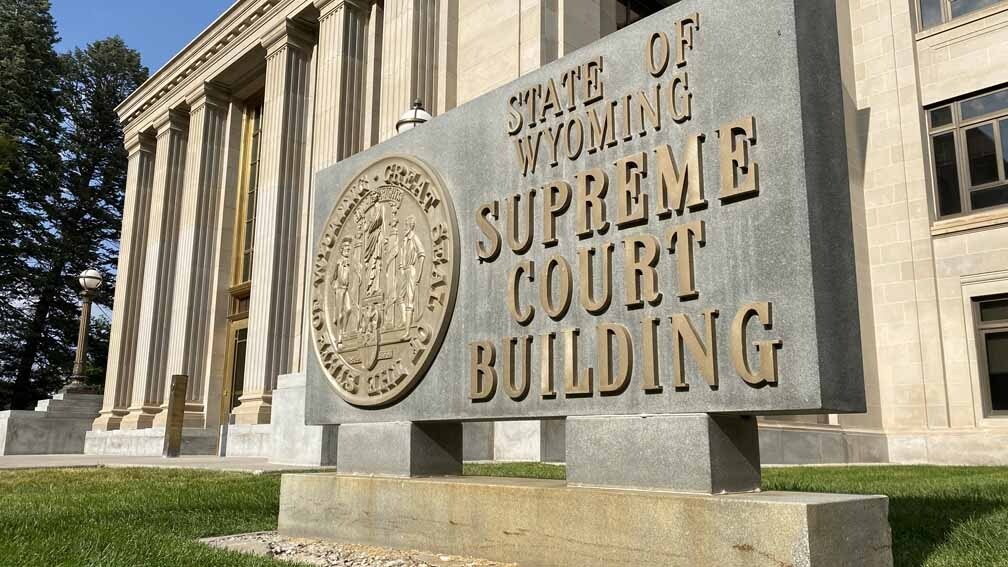Wyoming’s Supreme Court has for the second time denied a man’s challenge of his $50 per month child support payment.
The court on Thursday upheld a decision by a state district court that left Michael Scott Carroll responsible for child support payment he was ordered to make in a 2012 divorce decree.
In an opinion written by Justice Lynne Boomgaarden, the court unanimously rejected Carroll’s argument that the Wyoming law setting out some child support levels was unconstitutional, so the court order that he pay $50 a month was void.
According to the ruling, a district court in Laramie County entered an order establishing custody and support for the children of Carroll and his ex-wife in 2012.
Because Carroll was incarcerated at the time, he had no income the court could use to determine a child support payment, so the judge set the payment at the lowest level allowed by law, $50 per month. An order was also entered to withhold the amount from Carroll’s income.
Carroll in 2018 challenged the withholding order, saying the law setting Wyoming’s minimum child support payment was contrary to federal law. The case made it to the Supreme Court, which rejected the appeal, saying Carroll should have challenged the child support order issued by the court, not the order to withhold money from his income.
In his second challenge, Carroll focused on the child support order itself, saying it was based on an unconstitutional Wyoming law that was contrary to federal child support payment laws, and as such should be void.
But the opinion said the law in question was never found unconstitutional, so Carroll’s support order should stand.
Justices also noted that Carroll could have challenged the law’s constitutionality during his divorce proceedings in 2012.
“Mr. Carroll could have challenged the statute’s constitutionality in the district court during his divorce proceedings — the cases from other jurisdictions he relies on to support his argument that the statute is unconstitutional were decided before the divorce decree was entered — and he could have appealed the divorce decree,” the ruling said. “He did neither and cannot now use (court procedure) for the relief he seeks.”





